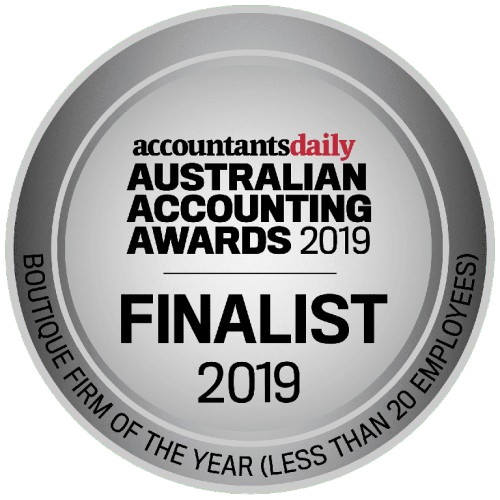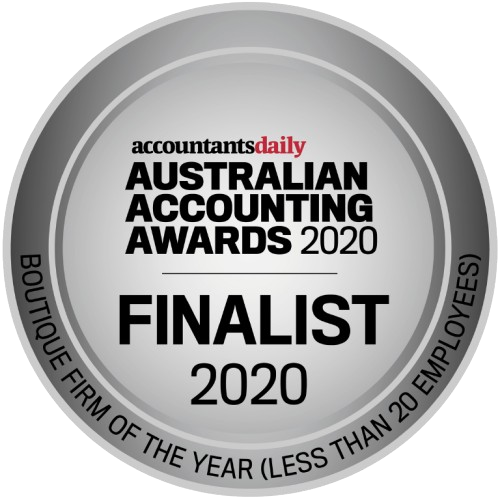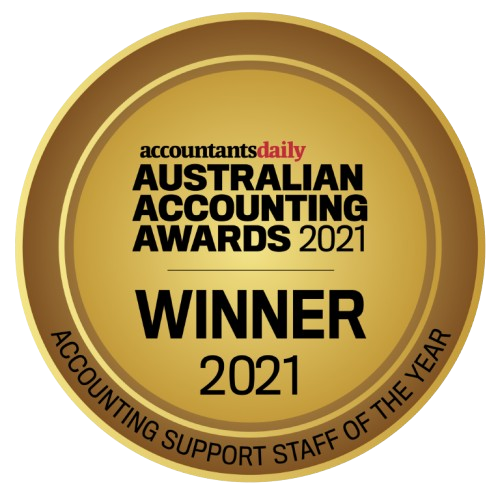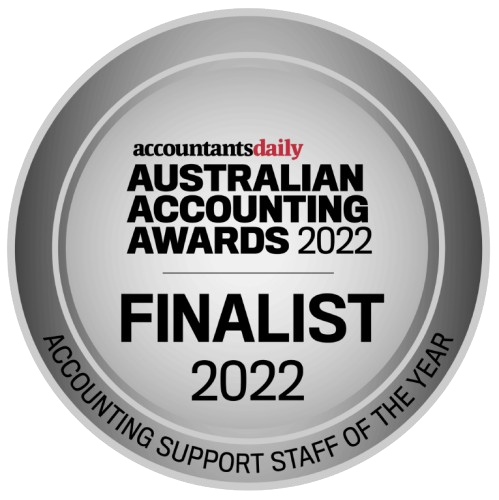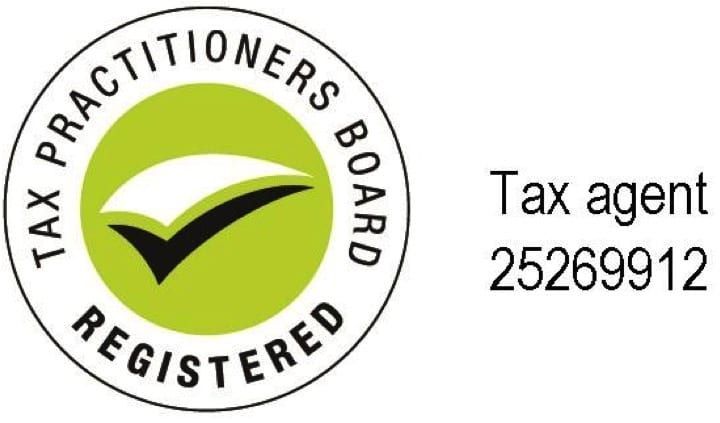The Garis Group
Accountants Newcastle
- Accounting and financial advice for small-medium businesses.
- Newcastle-based, serving clients Australia-wide and internationally.
- Tailored solutions for business growth, tax planning, and compliance.
Request a call back
Contact Us
Qualified Accountants in Newcastle
Newcastle Accountants, The Garis Group, are a professional family owned and operated financial services firm that aims to build a strong and continuous relationship with our clients built on our valuable, personal, technical and knowledgeable expertise.
We help create a beautiful financial future for our clients, their families and the people around them so that together we create a huge and lasting impact in our world.
We are experienced individual tax agents and small business accountants with over 25 years of service in Hamilton, Newcastle, the Hunter Valley and beyond.
Our team is committed to building a financial services firm that our friends and family would choose and recommend.
Professional Chartered Accounting Services
We work with businesses to support strategic planning, financial oversight and operational decisions. As a family business, we recognise the importance of managing growth alongside cash flow. We draw on practical experience across a range of industries to offer guidance that aligns with your goals. If you’re looking to strengthen the way your business operates, we’re here to support you.
We provide bookkeeping services to deliver accurate and timely records of your business transactions. Customised bookkeeping can support reliable reporting, cash flow tracking, and informed decision-making, helping enable businesses to understand their financial position and plan for sustainable growth.
We provide tailored financial structuring solutions to help businesses align their operations with strategic goals. Our approach improves efficiency and supports growth, enabling businesses to optimise their resources and achieve financial stability in a competitive environment.
Our tax planning and preparation services are designed to manage obligations and minimise liabilities. We create effective strategies tailored to your needs, helping you remain compliant while maximising financial opportunities through proactive and organised tax management.
We offer wealth management solutions focused on preserving and growing your assets. Tailored strategies address immediate needs and support long-term financial planning, providing clarity and empowering businesses to make decisions aligned with their objectives.
We assist with managing self-managed superannuation funds (SMSFs), offering tailored strategies for retirement planning. Our approach focuses on creating flexible, practical solutions that align with your broader business goals and long-term financial security.
Our business advisory services focus on identifying opportunities, overcoming challenges, and refining strategies. We work closely with businesses to provide guidance that drives growth, improves efficiency, and aligns with both short-term and long-term objectives.
Our corporate tax solutions offer strategies tailored to meet complex obligations while optimising financial outcomes. We support businesses in managing their tax responsibilities efficiently, addressing regulatory requirements, and creating plans suited to their specific needs.
We assist businesses in meeting regulatory requirements by providing compliance services. Our solutions reduce risks, address legal obligations, and maintain operational continuity across areas such as tax, payroll, and industry-specific regulations.
Tax Accountants Newcastle
Because personal wealth and financial freedom are important to you, it’s important to us. Whether you’re looking for a stress-free tax return, or you have a complex situation and are planning for what’s next in life, The Garis Group is here to help.
SMSF Newcastle
Taking control of your superannuation using a Self-Managed Superannuation Fund can be a powerful way to secure your long-term financial future. We at The Garis Group are SMSF specialists, providing a comprehensive SMSF accounting, administration and investment service – but not until we make sure that it’s the right thing for you.
Fixed Fee Accounting Packages
In our fixed fee accounting packages, you will know that we are there for you when you need us, all year round – not just at tax time! Our no surprises accounting service packages mean that you can budget better, maintain control of cashflow, and receive high level personalised service throughout the year.
Commercial Accountants
If you want your business to work smarter and faster, while maintaining control of cashflow, then choosing a business advisor who understands your needs is essential. We are a family business ourselves, and our team has real world experience from a broad range of industries. We’d love to help you in your success.
Health & Aged Care Industry Accountants
Newcastle and The Hunter is a growing market for businesses servicing Aged Care, NDIS providers and the broader Health and Lifestyle industries.
The Garis Group has a deep understanding of the needs in your industry and can help you to grow and thrive by drawing on our experience, knowledge and access to industry best practices.
Construction & Trades Experienced Advisors
If you're running a business in the building and trades industry, we’ve got your back. With 25 years’ experience helping construction and housing industry businesses, we know what it takes to be successful.
Hospitality Accounting Specialists
Our team includes Hospitality industry professionals to complement our experienced Advisors, giving you better insight into and overview of your finances, and improving collaboration with your team. Our people are from your industry, so we know what works and we know your pain points.
Frequently Asked Questions
What areas do you service?
The Garis Group provides a wide range of accounting services for Newcastle, Sydney, and the surrounding areas. Contact us to confirm if we service your specific location.
I’ve just started a new business, can you help?
We’re always happy to help new businesses start their journey towards success. Here’s how we can help:
- We establish what your business goals and objectives are before recommending the best business structure for you, alongside the right accounting solutions.
- We provide advice and support to help you meet your obligations with the ATO, including registering with the ATO and other requirements to set up your business.
- We can discuss the best accounting package solution for your needs and answer any questions you have.
- We can attend to any ATO lodgements for you and manage your accounts regularly to ensure you receive useful reports to help optimise how your business operates.
What is the amount of tax my business will have to pay?
The total amount of tax that your business must pay will vary depending on the structure and setup of the business. If you’re using a company structure, your business is usually taxed at 25% of all net profit made.
When it comes to individual tax outcomes, this will also vary depending on your income level and where it falls on the progressive income tax scales. This range can fall anywhere between 0% and 47%.
To make sure you’re paying the right amount of tax, it’s important that you seek professional advice about your business structure.
What does an accountant do?
An accountant manages a business's financial records to keep them accurate and compliant with regulations. Their responsibilities include preparing financial statements, managing tax filings, and tracking income and expenses. Accountants also analyse financial data to provide insights into business performance and help with strategic decisions. They may assist with payroll, audits, and financial forecasting to support future planning. In some cases, accountants offer advice on cost management, investments, or financial restructuring. Their role varies depending on the size and type of the business, ranging from basic bookkeeping to complex financial strategies aimed at improving operations and profitability.
Why is accounting important for businesses?
Accounting is essential for businesses as it provides a clear understanding of their financial health. Accurate accounting confirms that income and expenses are tracked, helping businesses stay organised and make informed decisions. It supports compliance with tax laws and other regulations, reducing the risk of penalties. Financial records prepared through accounting are vital for attracting investors, securing loans, and planning for growth. Regular accounting also highlights areas for improvement, enabling businesses to manage cash flow, control costs, and allocate resources effectively. Without accounting, businesses may struggle to identify potential risks or opportunities, leading to financial instability.
How often should financial statements be reviewed?
Financial statements should ideally be reviewed monthly to maintain a clear understanding of a business’s financial health. Regular reviews help monitor cash flow, track expenses, and assess profitability. For larger businesses or those with frequent transactions, weekly reviews may be necessary. Quarterly reviews are also important for tracking progress against annual goals. Regular reviews allow business owners to identify financial trends, address potential issues early, and make timely adjustments to budgets or strategies. They are also crucial for preparing accurate tax filings and securing financing. Consistent review of financial statements confirms that decision-making is based on up-to-date information.



